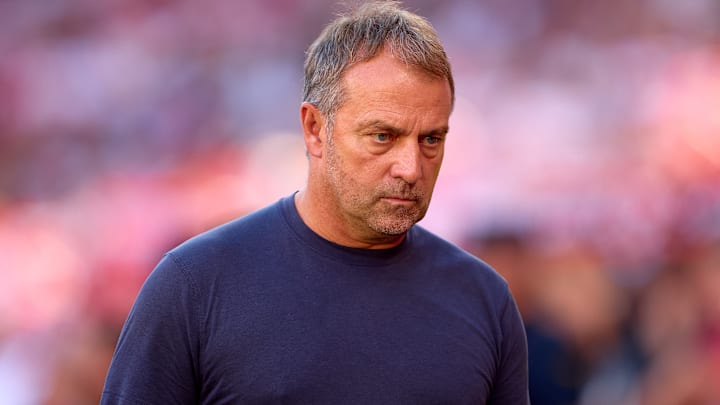Toni Kroos analyzed Hansi Flick’s “attractive” Barcelona with the kind of honesty that comes from seeing the game beyond its aesthetics. On his podcast “Einfach mal Luppen,” which he co-hosts with his brother Felix, the former Real Madrid and German national team legend praised the team’s attacking style but made it clear he sees danger hidden behind the spectacle. Even while complimenting his old rivals, Kroos left the impression that Barcelona may play beautiful soccer but sometimes forgets to protect themselves.

The beauty and the danger of attacking soccer
“Barça have one of the most attractive styles, if not the most attractive in all of Europe, but I believe they take a lot of risks,” Kroos said. And he’s not wrong. Under Hansi Flick, Barcelona have rediscovered their intensity, possession, and constant presence in the opponent’s half. It’s the kind of soccer that captivates, especially when Pedri, Lamine Yamal, and Raphinha are at their best. The issue, as Kroos pointed out, comes when they’re not. “On a bad day for Pedri, Yamal, or Raphinha, any team can hurt them and beat them.”
It’s a sharp observation. Flick’s Barcelona are aggressively attacking, but they rarely adjust for balance. They live by suffocating their opponents, and when they can’t, they’re left wide open. The backline stays high, the midfield pushes forward, and the concept of defensive transition practically disappears. For fans, it’s a spectacle. For opponents, it’s an invitation. And Kroos, who spent a decade breaking down such systems during Real Madrid’s era of dominance, knows exactly what he’s talking about.

The tactical lesson Flick seems to ignore
The German went even further. “Last year, it already happened with Inter. This year, whether it’s in the round of 16, quarterfinals, semifinals, or final, at some point they’ll meet an opponent like that who knocks them out. That will happen to them in the Champions League, not in La Liga because they’re too dominant.”
Kroos touched on a truth Barcelona themselves seem unwilling to face: playing permanently on the attack might work in a domestic league, but in knockout competitions, even the smallest lapse can be fatal. On the field, the team looks addicted to attacking. The scoreline, the time, the situation—none of it matters. Flick’s philosophy is to play on the edge. The problem, as Kroos warned, shows up late in games. “From the 75th minute on, you can tell everyone’s more tired, and you see they don’t change their style to close spaces. When you’re tired and don’t change how you play, it becomes very obvious how exposed you are.”
That’s the kind of insight only a player like Kroos could offer. For years, he was the benchmark for control and rhythm at Real Madrid, a team that mastered the art of balancing the phases of a game. His critique is, at its core, a tactical lesson: intensity without management is wasted energy. And Barcelona still seem to be learning that.
